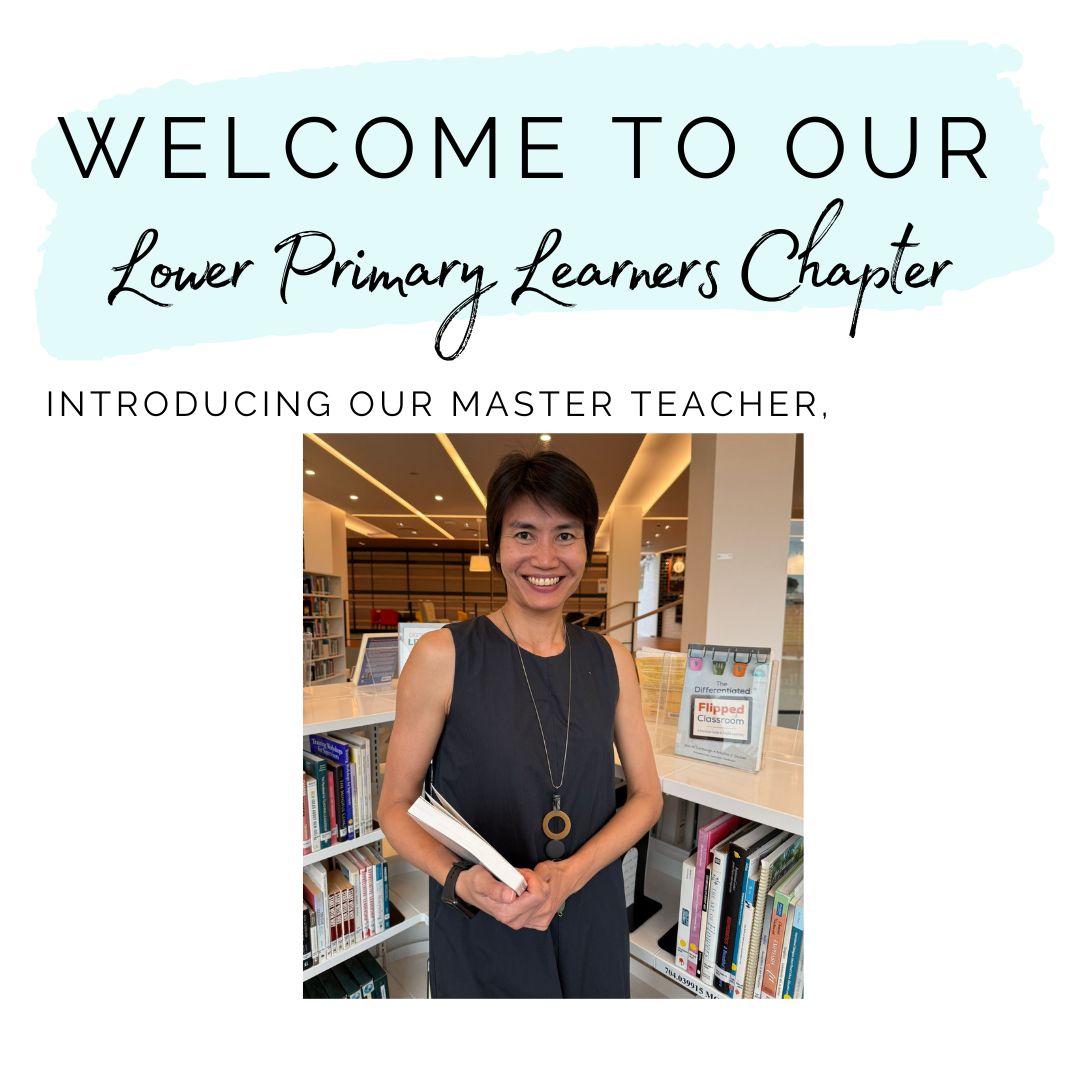Lower Primary Learners Chapter

The Lower Primary Learners (LPL) Chapter champions quality learning in Primary 1 and Primary 2 by building teacher capacity, encouraging pedagogical innovations and facilitating research-informed practice to impact student learning. It engenders the professional belief that every student can learn, and that children learn best through multi-sensory methods and through authentic and active learning. The LPL Chapter will serve as a focal point for Primary 1 and Primary 2 teachers to collaborate and network. Through partnerships with various MOE divisions and external partners, the LPL Chapter seeks to raise the professional standards in the teachers to support learners as they transit from Kindergarten to Primary Schools.
Objectives of the LPL Chapter
-
To deepen the pedagogical content knowledge of lower primary teachers for quality student learning.
-
To champion professional collaboration and networked learning among lower primary teachers.
Mission of LPL Chapter
-
To build a teacher-led culture of professional excellence to engender quality learning in P1 and P2 students in their transition from preschool to primary school education.
-
Levelling up their knowledge and skills of P1 and P2 students to prepare them for the next level (P3) as well as to foster the holistic development of each child.
-
Vision of LPL Chapter (What)
A community of competent teacher leaders with strong pedagogical leadership in leading, guiding and inspiring lower primary learners.
We organise various professional learning activities for you:
-
Courses and Learning Programmes
-
Learning Journeys to MKs
-
Networked Learning Sessions e.g. ST-LT network
-
Masterclasses
-
Professional Conversations
-
LPL Learning Day
Our Subject Chapter Core Team
|
Name |
Designation |
Division/Branch or School |
|---|---|---|
|
Karen Low Lai Fong |
Master Teacher |
AST/PXB |
|
Sim Shan Ting |
Academy Officer |
AST/PDB2 |
|
NORTH ZONE |
||
|
Nashita Bte Mohamed Idris |
Senior Teacher |
Rivervale Primary School |
|
Joanna Kong |
Senior Teacher |
Riverside Primary School |
|
SOUTH ZONE |
||
|
Shii Tuong Sen Anna |
Lead Teacher |
Kuo Chuan Presbyterian (Pri) |
|
Tan Pei Sze Amanda |
Senior Teacher |
Ai Tong School |
|
EAST ZONE |
||
|
Noraini Bte Niat |
Senior Teacher |
Pasir Ris Primary School |
|
Hadlia Binte Jamil |
Senior Teacher |
Junyuan Primary School |
|
WEST ZONE |
||
|
Nor Erwiena Bte Winarno P |
Senior Teacher |
Qifa Primary School |
|
Seow Wen-Qi |
Senior Teacher |
Qifa Primary School |
|
HQ (CPDD, ETD) & NIE |
||
|
Lydia Long |
Pre-School Education Officer |
SD/PEB |
|
Tan Wei Li |
Senior Educational Technology Officer |
ETD/LPET |
|
Dr Hanin Binte Hussain |
Senior Lecturer |
Psychology and Child & Human Development, NIE |
Our Calendar of Events
For more information about chapter events, click on this link to access the chapter’s OPAL page (for MOE teachers only). Alternatively, you may contact our Master Teachers to find out more!

